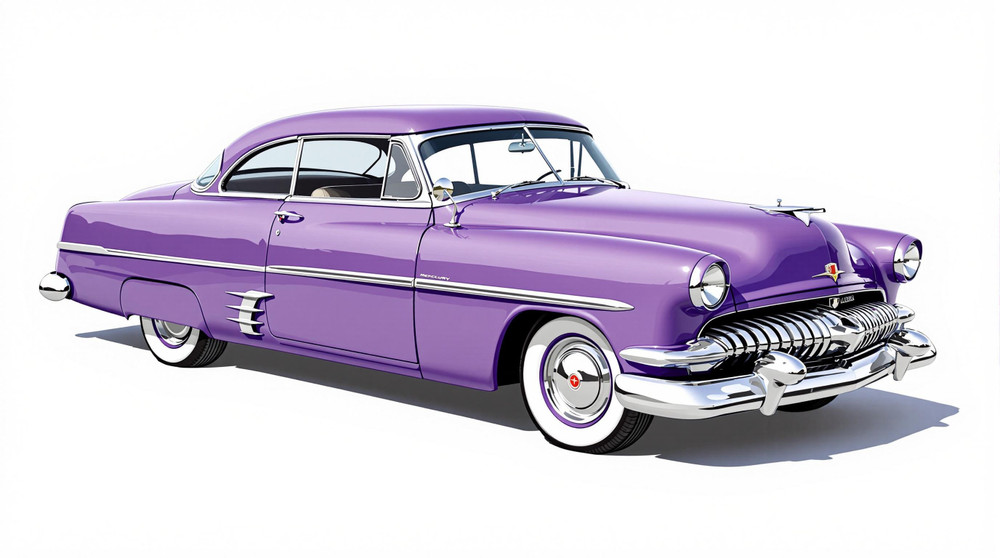Image of 1953 Mercury Monterey, Note: These illustrations use artistic license and may differ from actual historical models.
Performance Metrics
Fundamental Metrics
Emotional Appeal
MMP Rating
| Engine Specifications | |
|---|---|
| Engine: | Flathead V8 |
| Displacement: | 255.4 cu in (4.2 L) |
| Horsepower: | 125 hp |
| Torque: | 218 lb-ft |
| Compression Ratio: | 7.2:1 |
| Ignition System: | Distributor and coil |
| Cooling System: | Water-cooled |
| Performance Specifications | |
| 0-60 Time: | Estimated 12-15 seconds |
| 1/4 Mile Time: | Estimated 18-20 seconds |
| Top Speed: | 100 mph |
| Transmission and Drive | |
| Drive Type: | Rear-wheel drive |
| Transmission Type: | 3-speed manual, optional overdrive or 4-speed automatic |
| Fuel and Efficiency | |
| Fuel System Type: | Carburetor |
| MPG: | Estimated 10-15 mpg |
| Dimensions and Brakes | |
| Brakes: | Drum brakes |
| Wheelbase: | 118 inches |
| Weight: | 3,400 lbs |
Note: Specifications for classic cars are given to the best of our ability, considering the limited and variant data available.
1953 Mercury Monterey: A Classic American Cruiser
The 1953 Mercury Monterey emerges from the annals of automotive history as a shining example of mid-century American design and engineering. Born from the Ford Motor Company's desire to offer a vehicle with more prestige than the standard Ford line, yet more accessible than the luxurious Lincoln, the Monterey found its niche. As a unique fact, this model marked Mercury's foray into the upscale market segment, setting the stage for future innovation.
Design and Innovation
The 1953 Mercury Monterey boasted a sleek, aerodynamic silhouette that was both stylish and functional. Its chrome-trimmed grille and sweeping lines exuded elegance, while the 'jet-scoop' contours on its side panels hinted at the era's fascination with aviation. Inside, passengers were treated to a cabin swathed in premium materials such as leather and high-grade fabrics. The dashboard's layout was ahead of its time, featuring a user-friendly design that placed controls within easy reach.
Technologically, the Monterey was equipped with features like an optional Merc-O-Matic automatic transmission and power steering—innovations that were quite advanced for the early 1950s. Color options ranged from classic hues like Balmoral Green to vibrant shades such as Lauderdale Blue, with two-tone combinations being particularly popular among buyers. The most iconic body style was undoubtedly the two-door hardtop, which perfectly encapsulated the era's automotive zeitgeist.
Historical Significance
The 1953 Mercury Monterey didn't just turn heads; it turned the tide in automotive design. Its integration of luxury elements into a relatively affordable package paved the way for other manufacturers to follow suit. The Monterey's influence can be seen in subsequent models across various brands that sought to blend opulence with practicality.
Performance and Handling
Underneath its hood, the Monterey housed a robust 255 cubic inch flathead V8 engine that propelled it to impressive speeds for its time. While top speed figures hovered around 100 mph, it was the car's smooth acceleration and sturdy handling that won over drivers. On winding roads or when navigating through traffic, the Monterey remained composed, offering a driving experience characterized by a throaty engine purr and a comfortable ride quality.
Ownership Experience
The 1953 Mercury Monterey found its place as both a reliable daily driver and a cherished show car. Its straightforward mechanical design made maintenance manageable for the average owner, though some parts have become rarer over time. Despite this, the robust nature of its construction means many Montereys are still on the road or proudly displayed at classic car shows.
Fun Facts
This classic cruiser has graced both small-town roads and silver-screen scenes alike. While not known for breaking speed records, it did set benchmarks in style and comfort. Celebrity ownerships and appearances in period films have only added to its allure. Criticisms were few but typically centered around fuel efficiency—a common trait for vehicles of this era.
Collector's Information
For collectors, a well-preserved 1953 Mercury Monterey can fetch anywhere from $20,000 to $60,000 depending on condition and originality. Production numbers were substantial for the time, but surviving examples in pristine condition are increasingly rare. Over recent years, appreciation for this model has grown steadily among classic car enthusiasts.
Conclusion
The 1953 Mercury Monterey stands as a testament to an era when cars were not just modes of transportation but symbols of status and style. Its legacy endures in the hearts of collectors and classic car aficionados who continue to celebrate its unique blend of luxury and practicality.
1953 Mercury Monterey Catalog of Parts
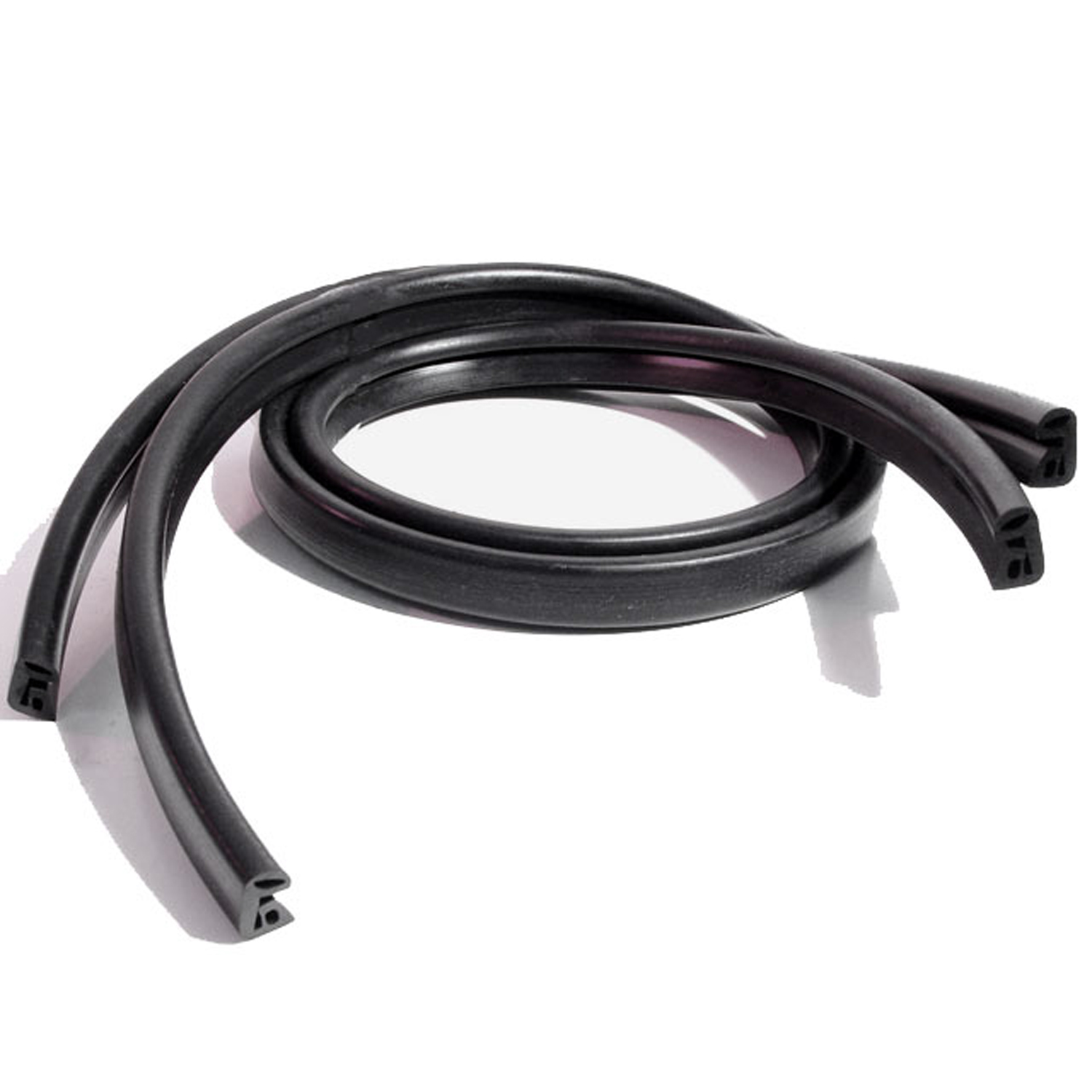 1953 Mercury Monterey Fender Skirt Seals. Each Piece 36-3/4" long. Pair-BG 111-LFender Skirt Seals. Each Piece 36-3/4" long. Pair
1953 Mercury Monterey Fender Skirt Seals. Each Piece 36-3/4" long. Pair-BG 111-LFender Skirt Seals. Each Piece 36-3/4" long. Pair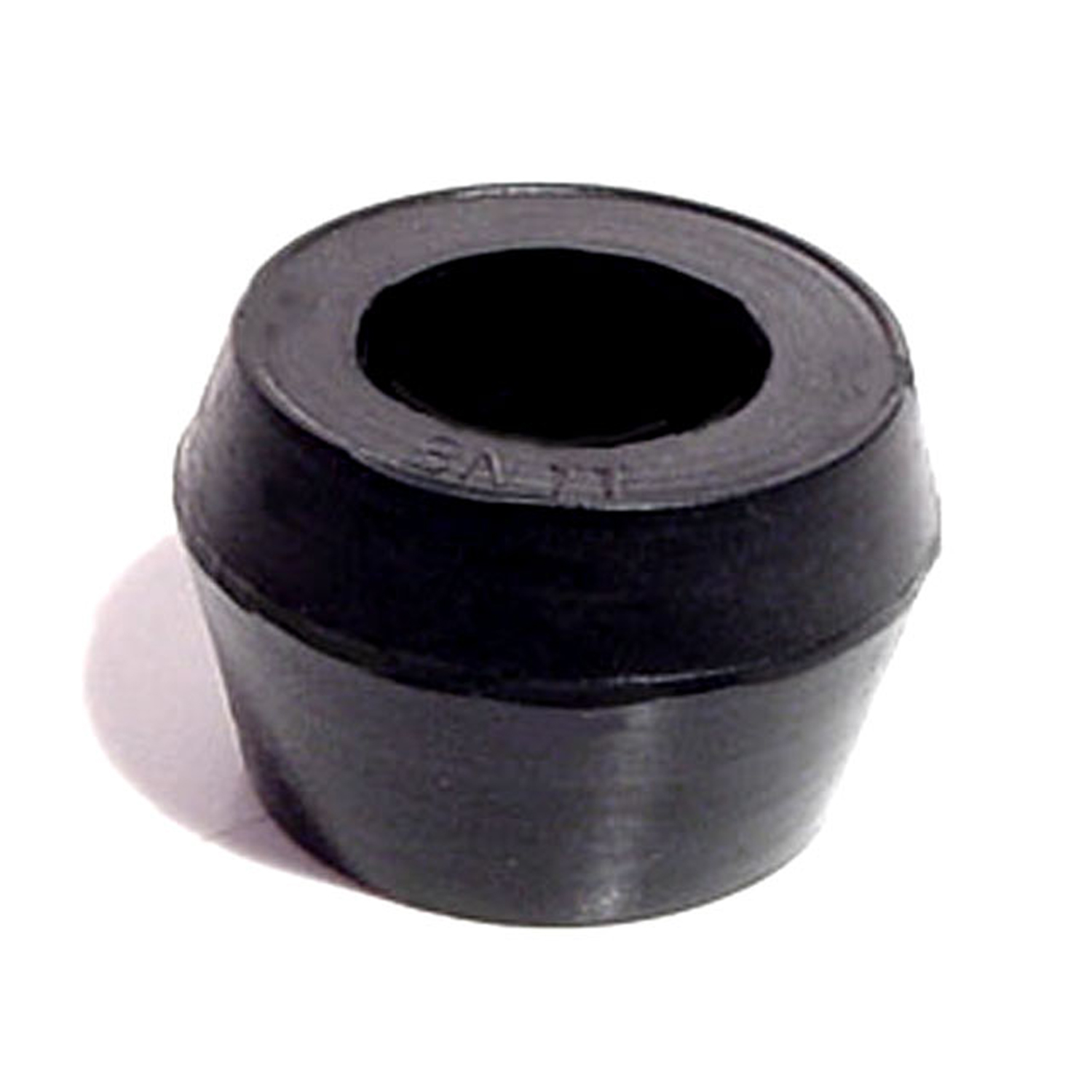 1953 Mercury Monterey Shock Absorber Grommet. 1" bottom O.D-BN 11Shock Absorber Grommet. 1" bottom O.D., 3/4" high, with 5/8" I.D. Each
1953 Mercury Monterey Shock Absorber Grommet. 1" bottom O.D-BN 11Shock Absorber Grommet. 1" bottom O.D., 3/4" high, with 5/8" I.D. Each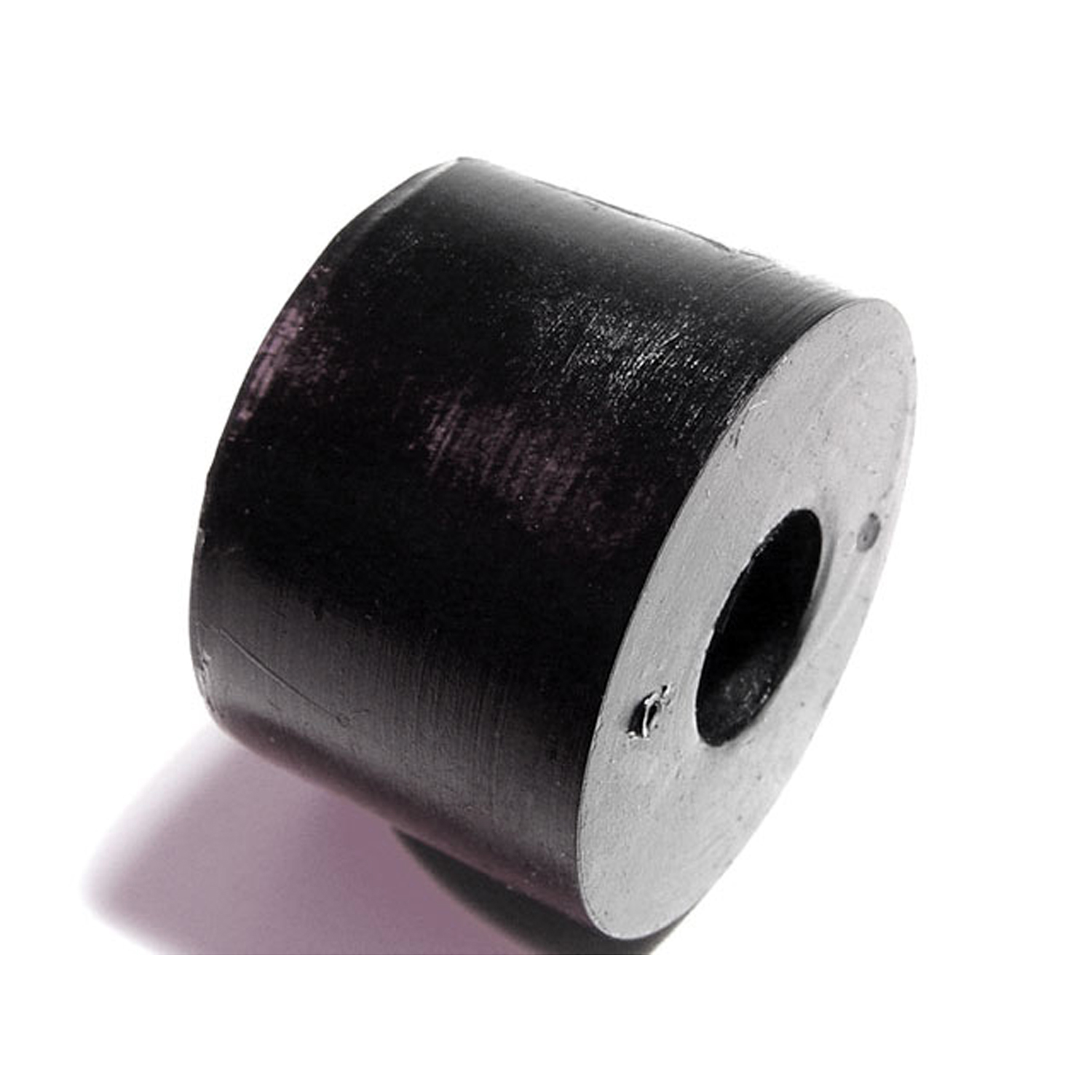 1953 Mercury Monterey Shock Absorber Grommet. 1" bottom O.D., 5/8" high-BN 13Shock Absorber Grommet. 1" bottom O.D., 5/8" high., with 3/8" I.D. Each
1953 Mercury Monterey Shock Absorber Grommet. 1" bottom O.D., 5/8" high-BN 13Shock Absorber Grommet. 1" bottom O.D., 5/8" high., with 3/8" I.D. Each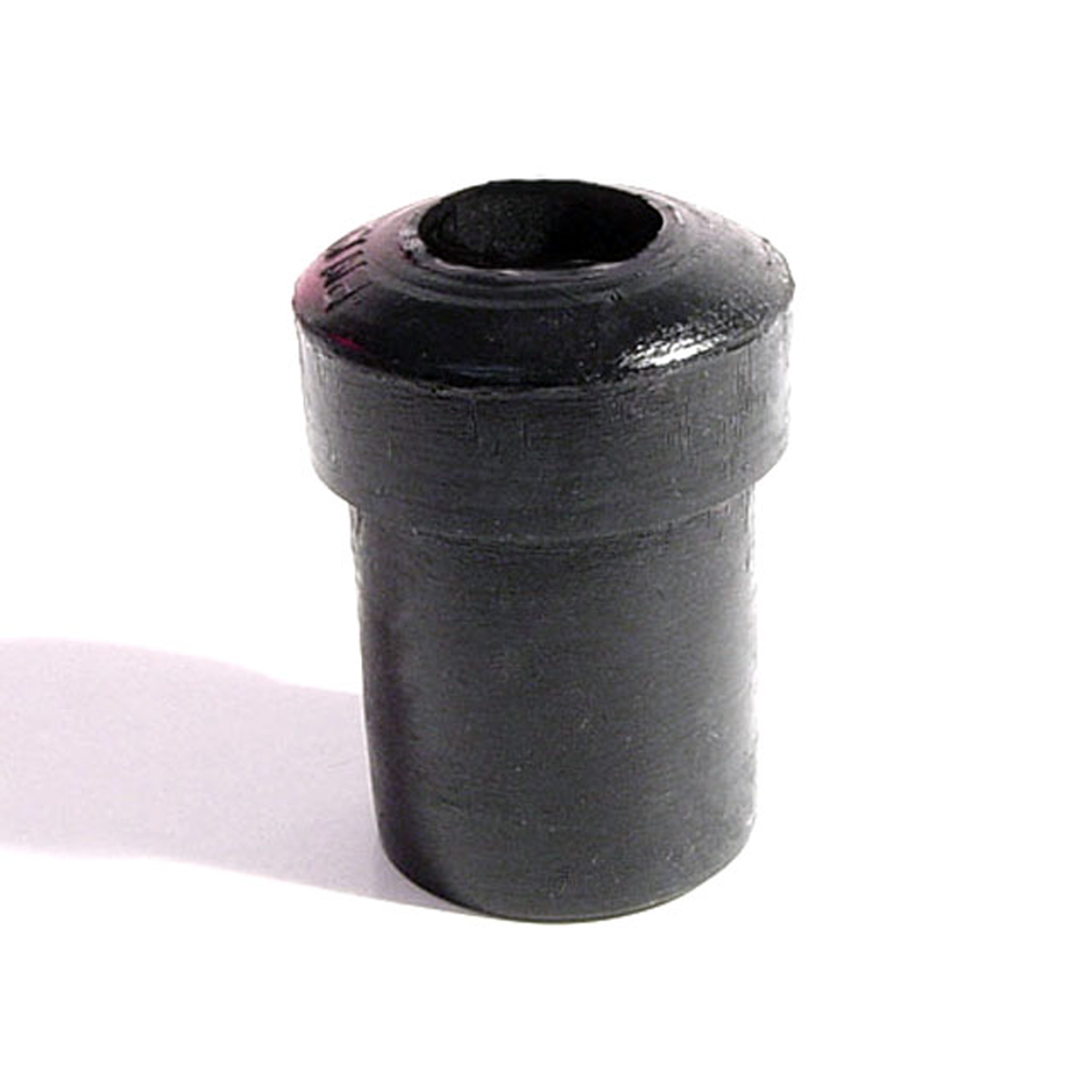 1953 Mercury Monterey Spring and Shackle Bushing. 7/8" bottom O.D-BN 19Spring and Shackle Bushing. 7/8" bottom O.D. X 1-1/4" high, with 1/2" I.D. Each
1953 Mercury Monterey Spring and Shackle Bushing. 7/8" bottom O.D-BN 19Spring and Shackle Bushing. 7/8" bottom O.D. X 1-1/4" high, with 1/2" I.D. Each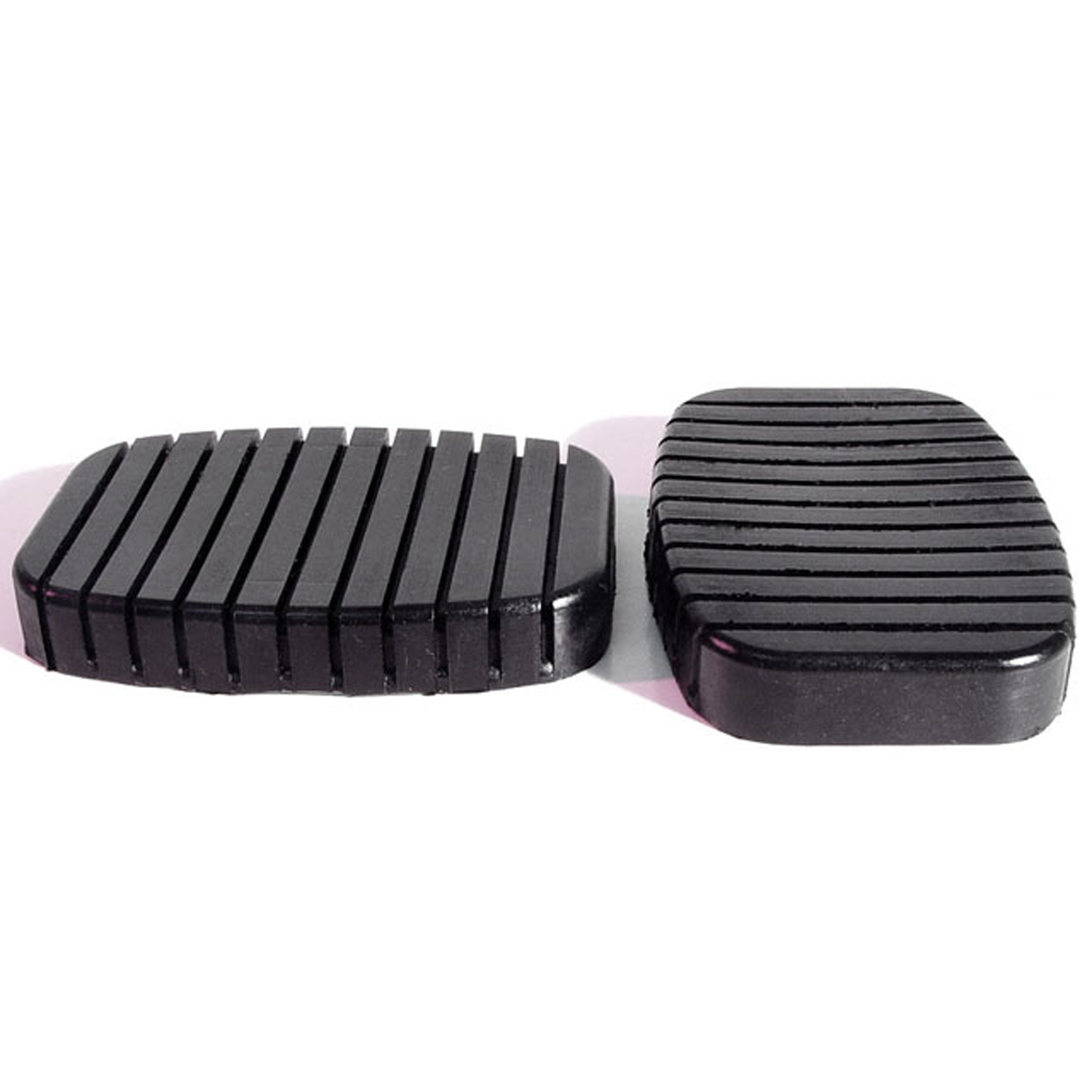 1953 Mercury Monterey Clutch and Brake Pedal Pads-CB 90-BClutch and Brake Pedal Pads. For models with standard transmission. 2-1/4" wide X 3-1/4" long. Pair
1953 Mercury Monterey Clutch and Brake Pedal Pads-CB 90-BClutch and Brake Pedal Pads. For models with standard transmission. 2-1/4" wide X 3-1/4" long. Pair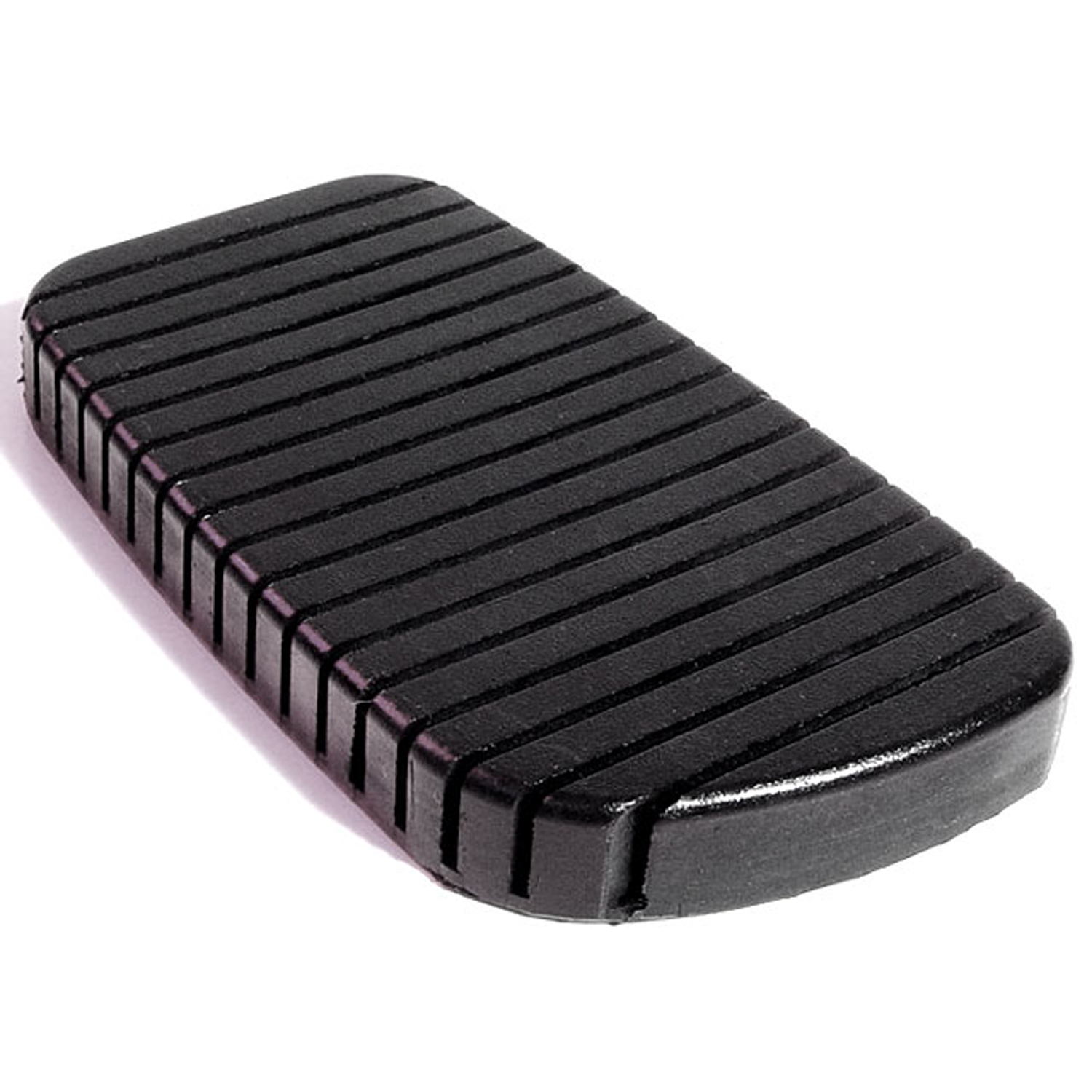 1953 Mercury Monterey Brake Pedal Pad. Correct reproduction of a difficult part-CB 90-CBrake Pedal Pad. Correct reproduction of a difficult part. 2-1/2" wide X 4-1/2" long. Each
1953 Mercury Monterey Brake Pedal Pad. Correct reproduction of a difficult part-CB 90-CBrake Pedal Pad. Correct reproduction of a difficult part. 2-1/2" wide X 4-1/2" long. Each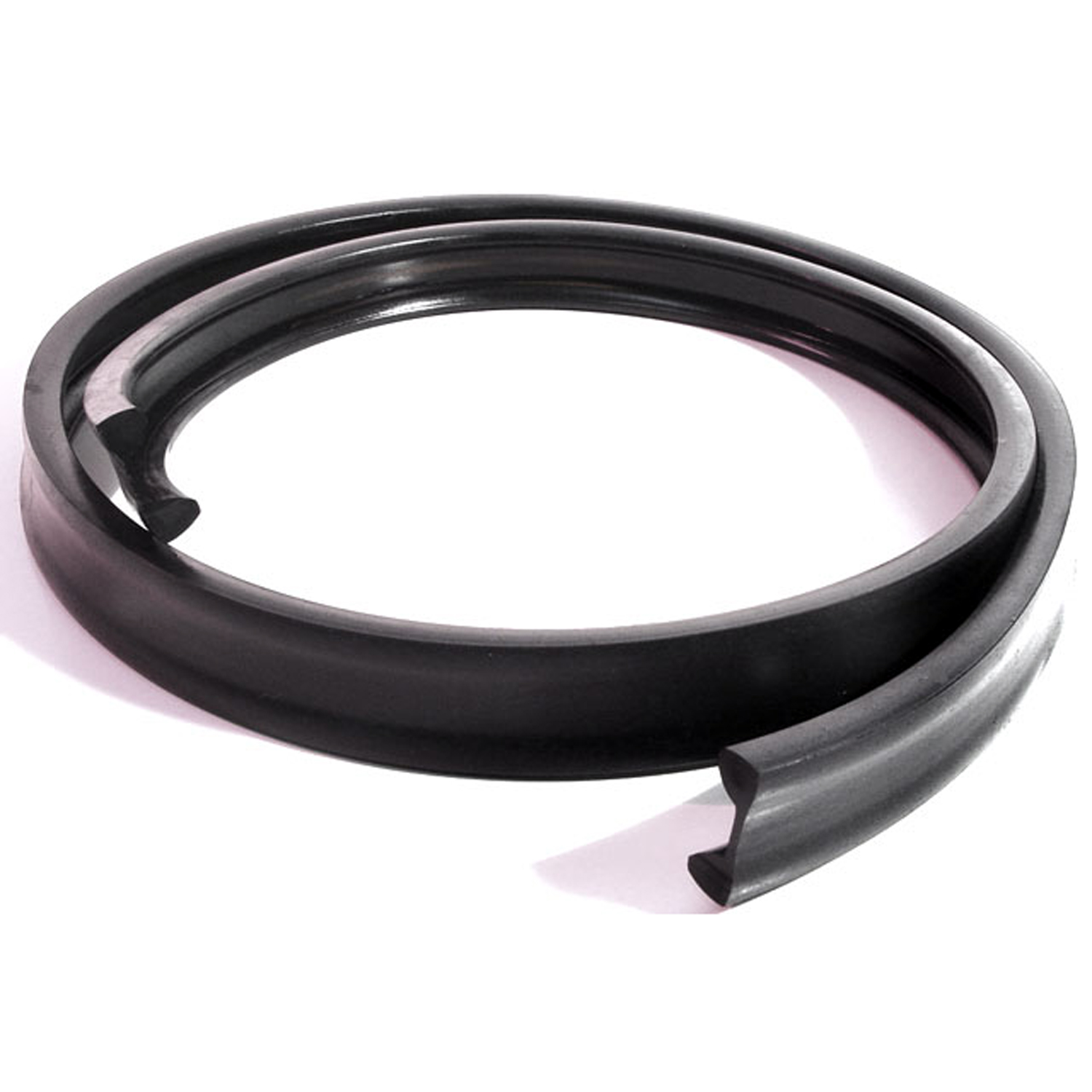 1953 Mercury Monterey Cowl and Hood Seal. Exact reproduction-CS 10-ACowl and Hood Seal. Exact reproduction. 7/8" wide X 52" long. Each
1953 Mercury Monterey Cowl and Hood Seal. Exact reproduction-CS 10-ACowl and Hood Seal. Exact reproduction. 7/8" wide X 52" long. Each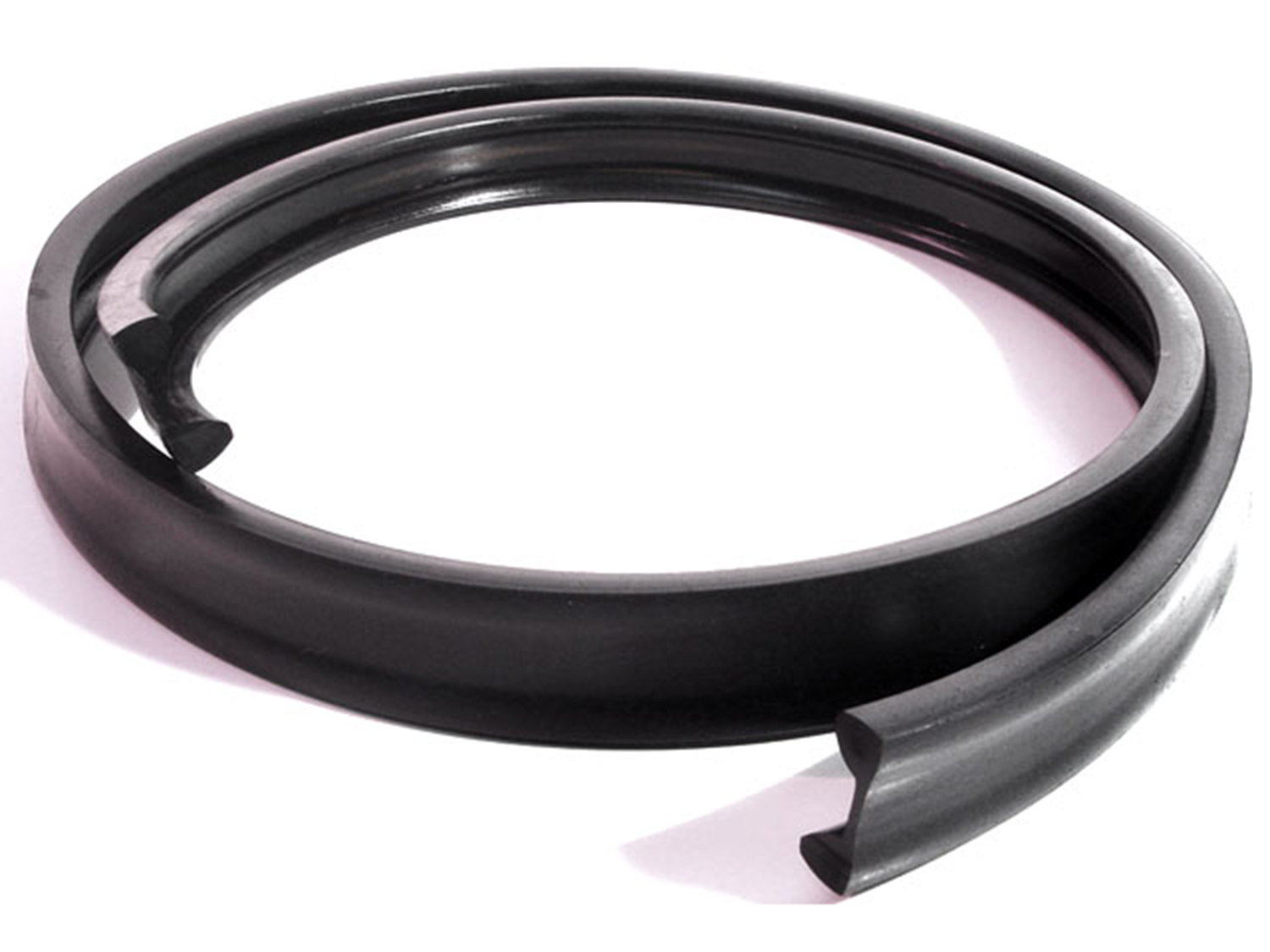 1953 Mercury Monterey Cowl and Hood Seal. Exact reproduction. 7/8" wide-CS 10-A/FTCowl and Hood Seal. Exact reproduction. 7/8" wide. Sold by the foot.
1953 Mercury Monterey Cowl and Hood Seal. Exact reproduction. 7/8" wide-CS 10-A/FTCowl and Hood Seal. Exact reproduction. 7/8" wide. Sold by the foot.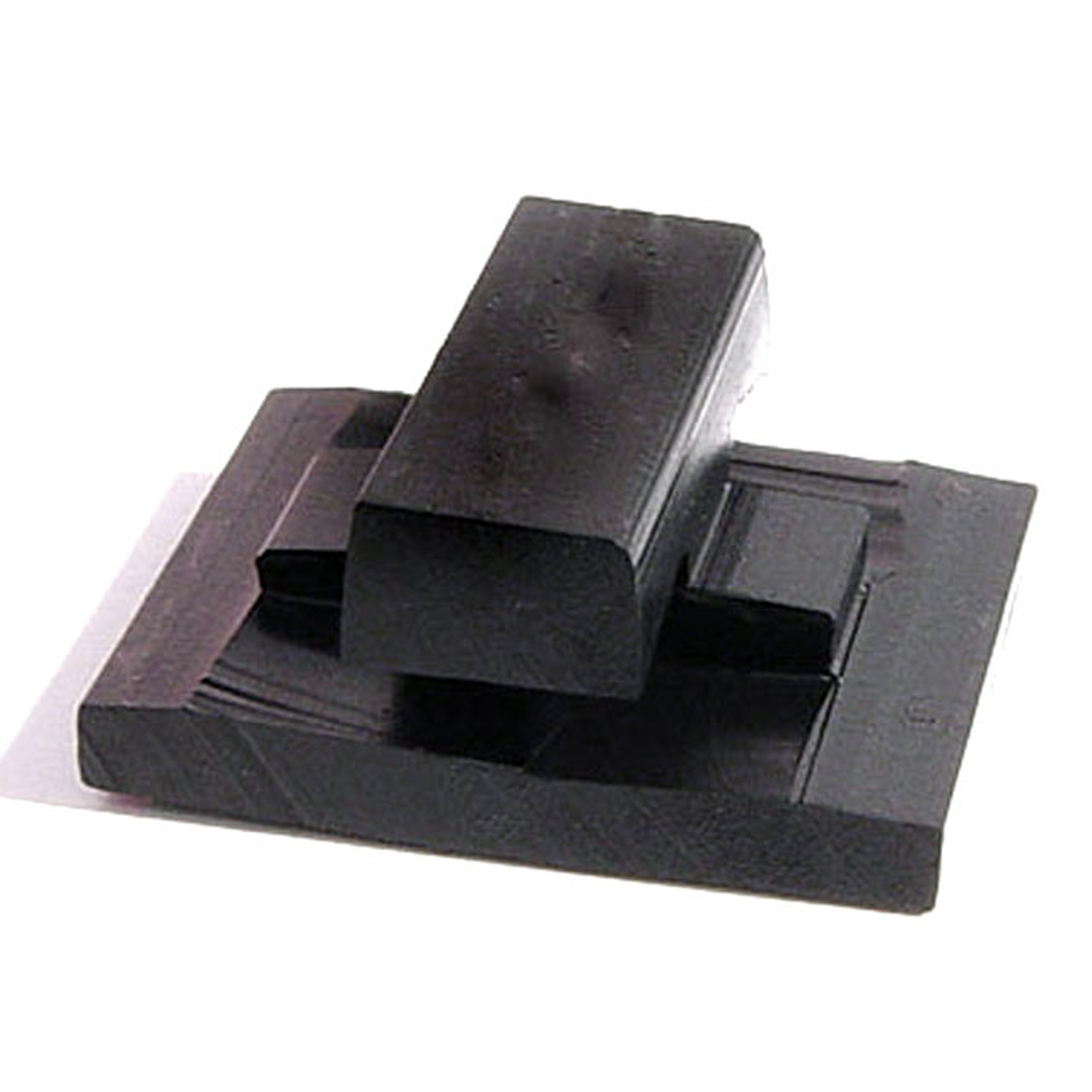 1953 Mercury Monterey Hood Side Bumper. Each-HF 44-AHood Side Bumper. Each
1953 Mercury Monterey Hood Side Bumper. Each-HF 44-AHood Side Bumper. Each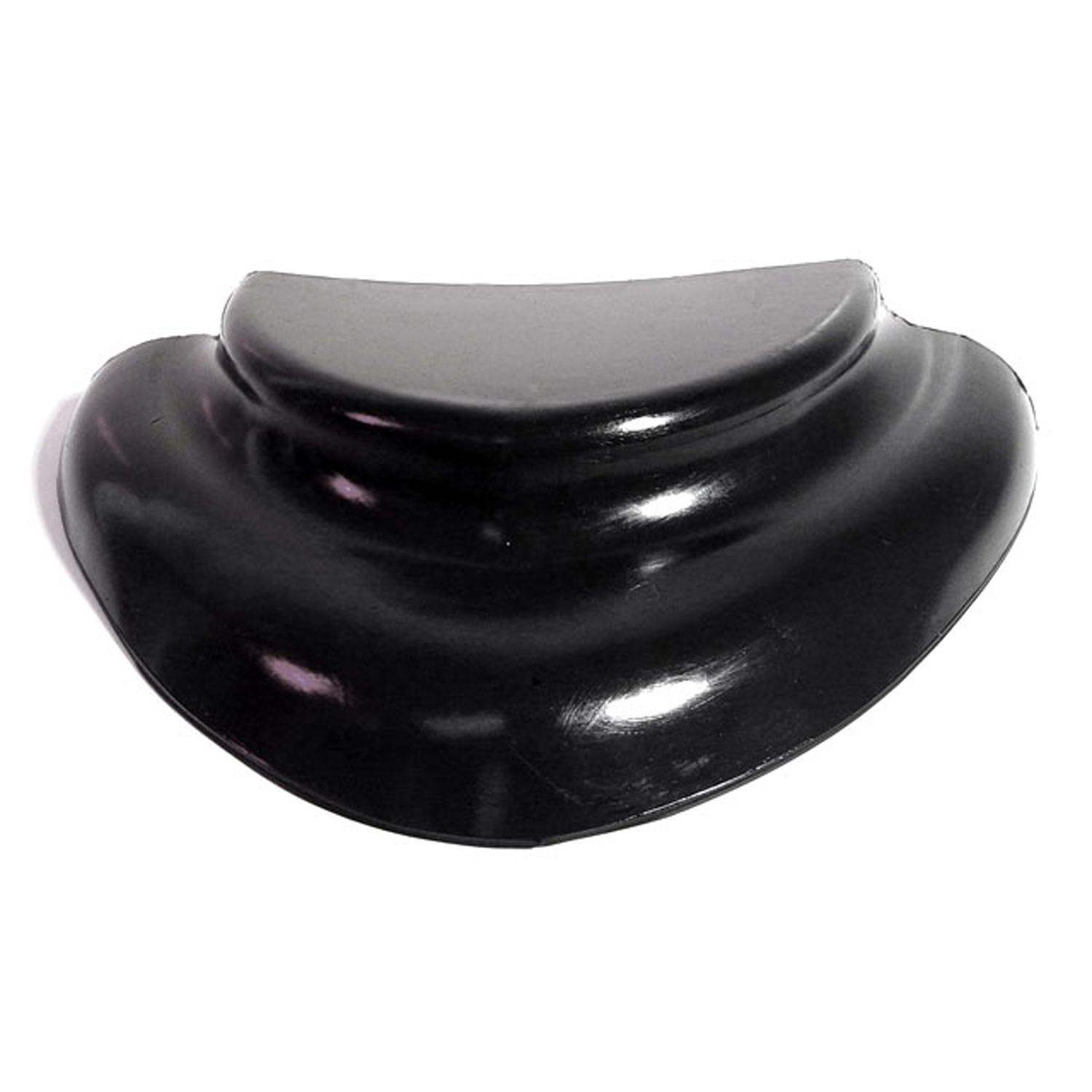 1953 Mercury Monterey Tail-Light Base Pad. Each-MB 33Tail-Light Base Pad. Each
1953 Mercury Monterey Tail-Light Base Pad. Each-MB 33Tail-Light Base Pad. Each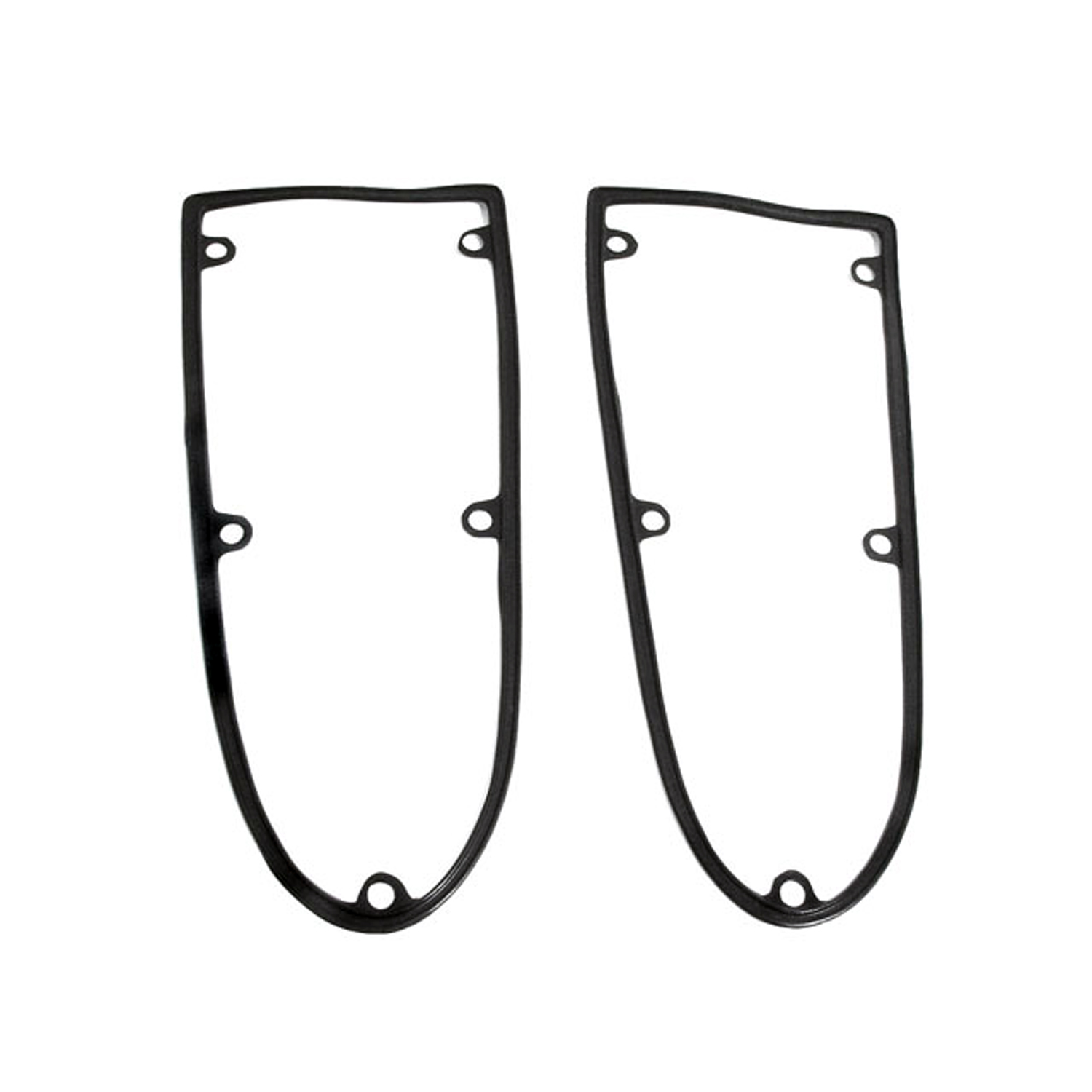 1953 Mercury Monterey Tail-light Housing to Body Pads. 6-3/8" wide X 14-1/8" long-MP 1009-WTail-light Housing to Body Pads. 6-3/8" wide X 14-1/8" long. Pair
1953 Mercury Monterey Tail-light Housing to Body Pads. 6-3/8" wide X 14-1/8" long-MP 1009-WTail-light Housing to Body Pads. 6-3/8" wide X 14-1/8" long. Pair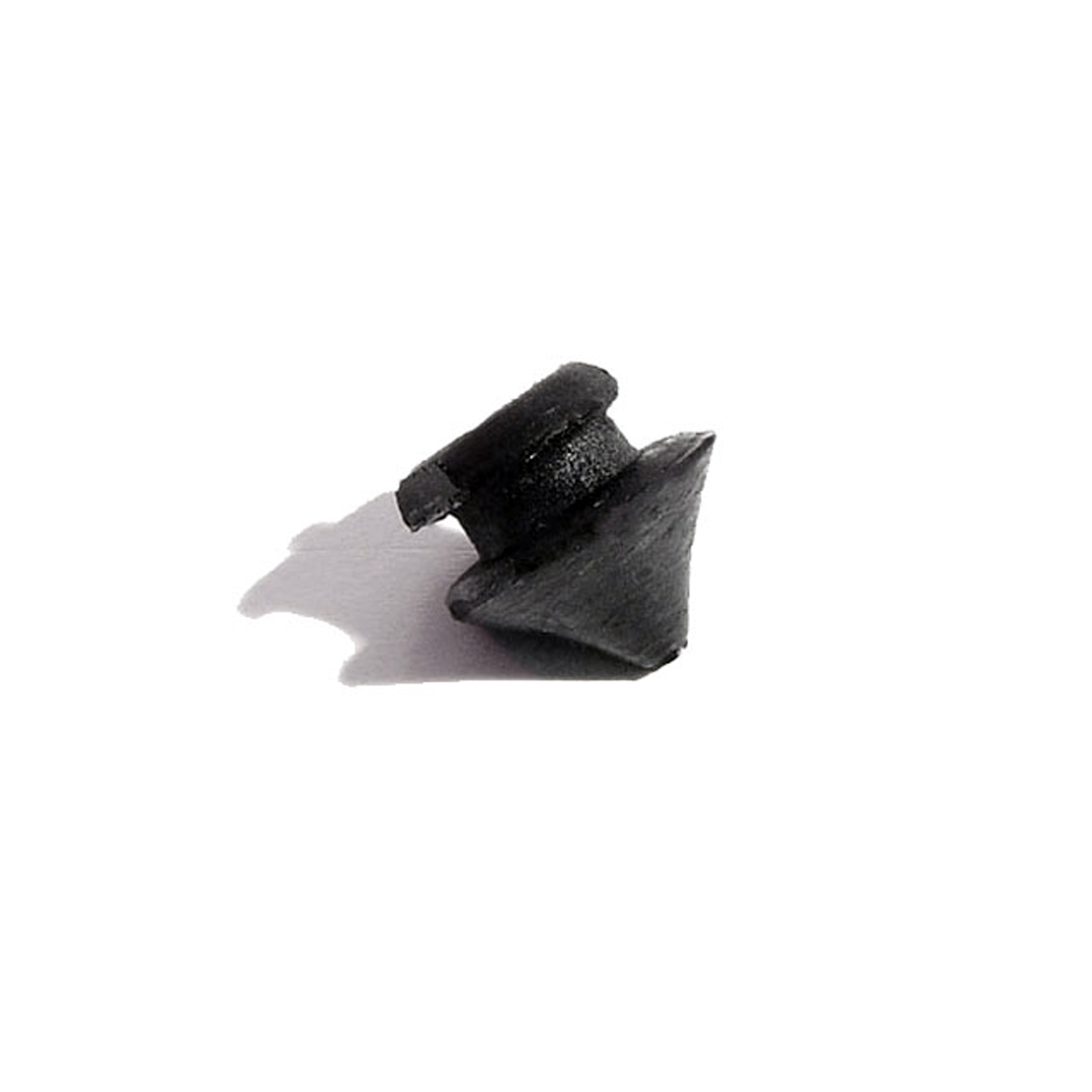 1953 Mercury Monterey Glove Box Bumper. Two used per truck. Each-SB 100Glove Box Bumper. Two used per truck. Each
1953 Mercury Monterey Glove Box Bumper. Two used per truck. Each-SB 100Glove Box Bumper. Two used per truck. Each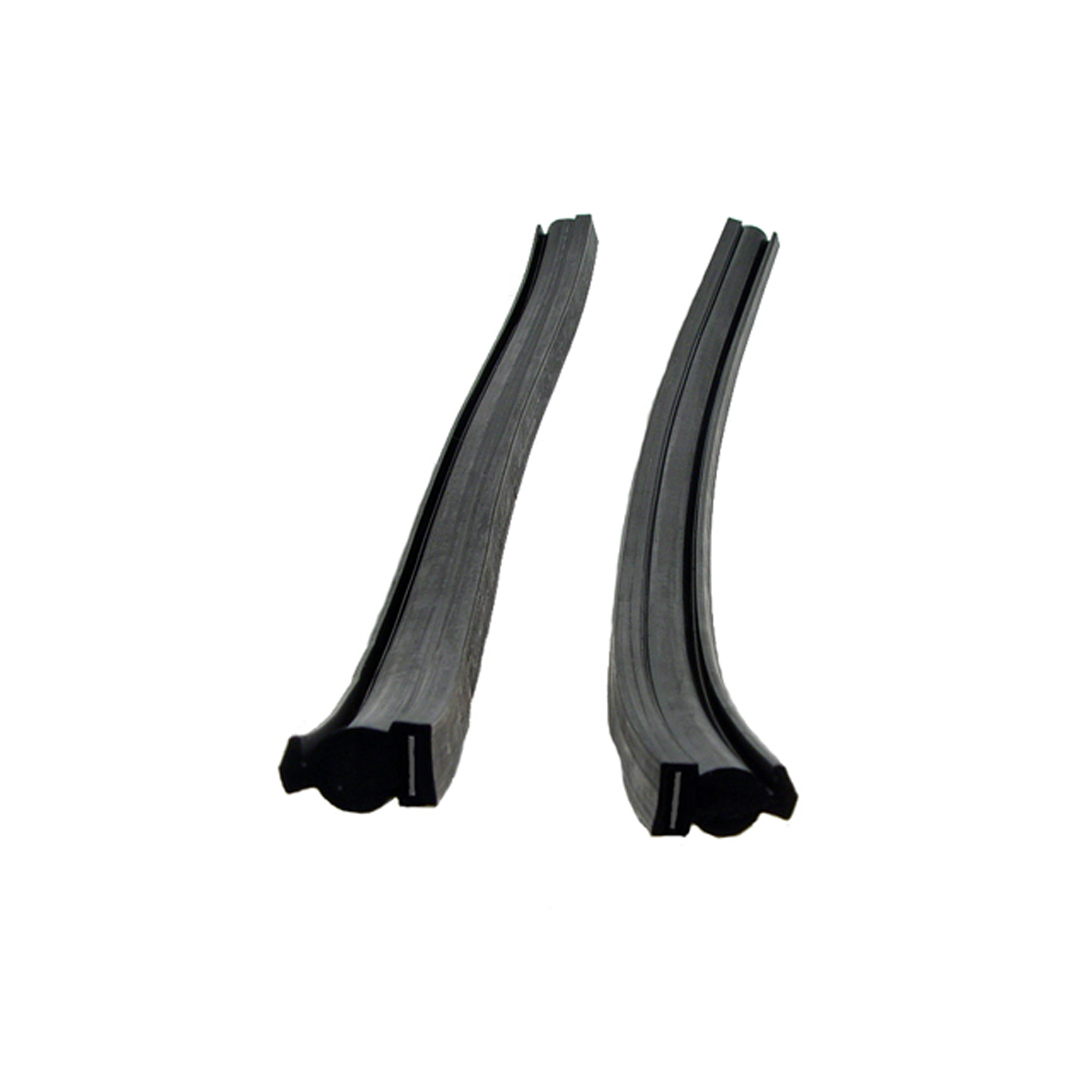 1953 Mercury Monterey Rear Roll-Up Seals, for 2-Door Hardtops and Convertibles-VS 4-CRear Roll-Up Seals, for 2-Door Hardtops and Convertibles. For leading edge of rear roll-up quarter window. Two pieces, 14" long. Pair
1953 Mercury Monterey Rear Roll-Up Seals, for 2-Door Hardtops and Convertibles-VS 4-CRear Roll-Up Seals, for 2-Door Hardtops and Convertibles. For leading edge of rear roll-up quarter window. Two pieces, 14" long. Pair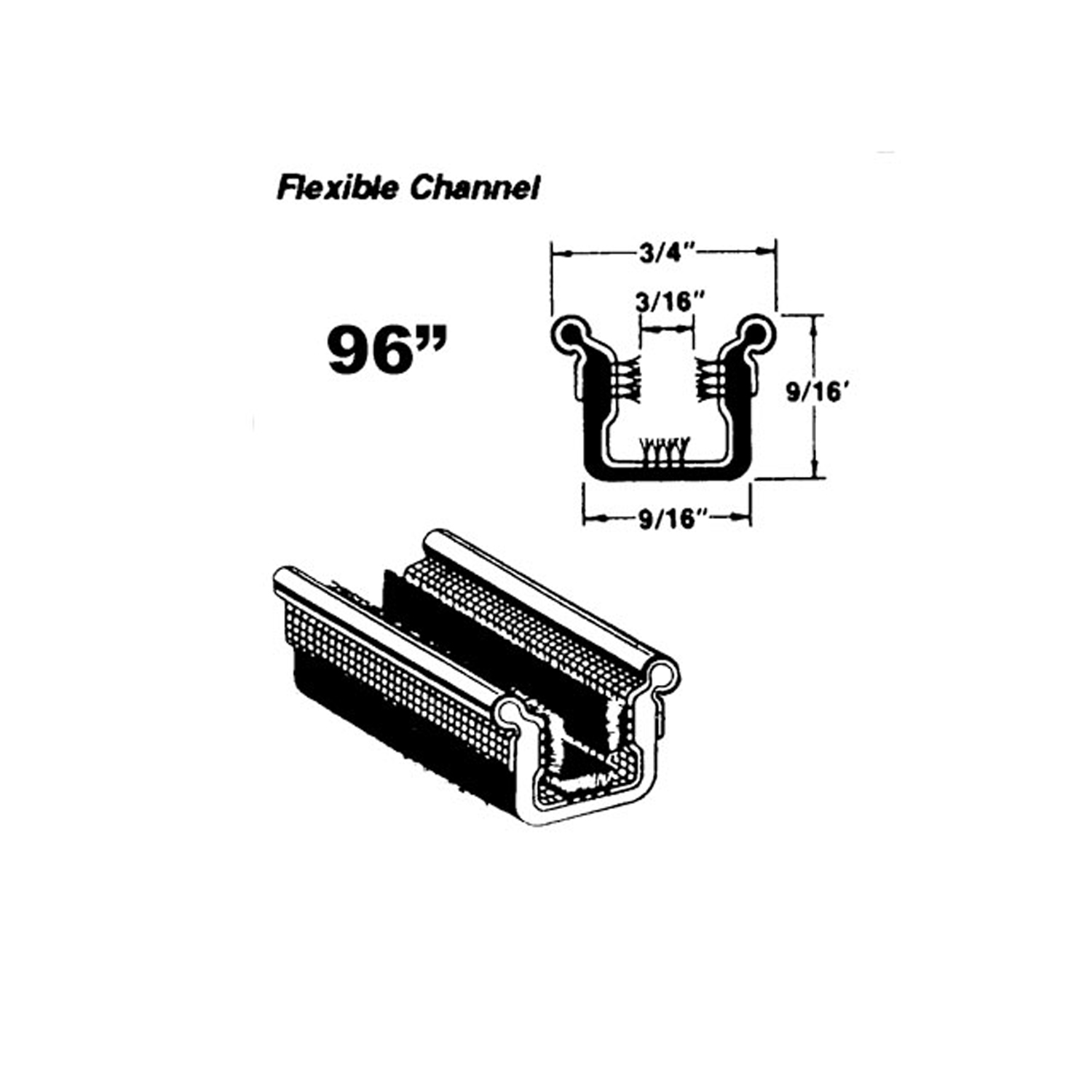 1953 Mercury Monterey Flexible window channel-WC 10-96Flexible window channel. Rubber covered with mohair lining and stainless steel bead. 96 in. long. Each. NOTE: $20 special shipping charge applies for domestic orders. Call or email for overseas shipping costs. Part can be sectioned in two or three equal lengths to reduce overseas shipping costs.
1953 Mercury Monterey Flexible window channel-WC 10-96Flexible window channel. Rubber covered with mohair lining and stainless steel bead. 96 in. long. Each. NOTE: $20 special shipping charge applies for domestic orders. Call or email for overseas shipping costs. Part can be sectioned in two or three equal lengths to reduce overseas shipping costs.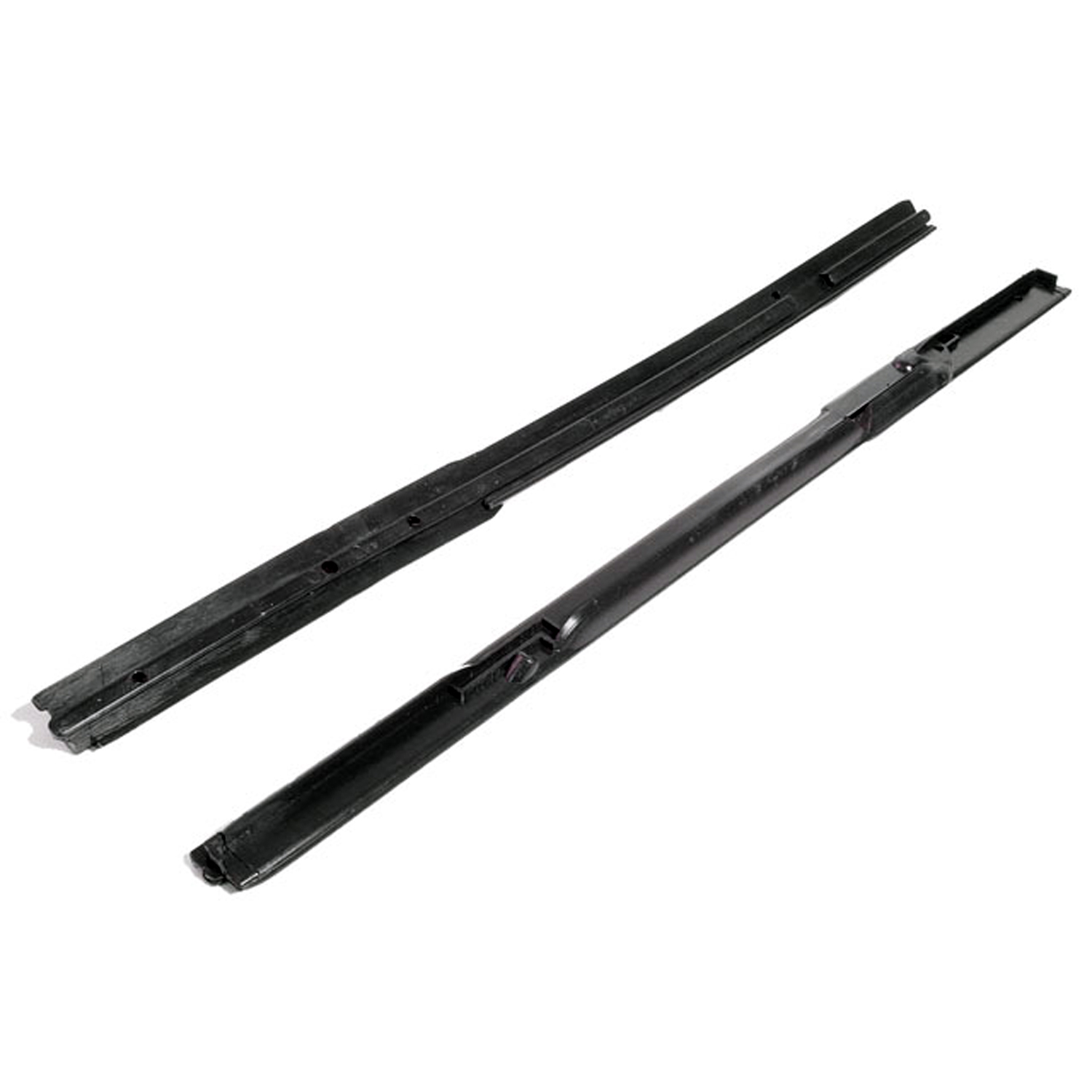 1953 Mercury Monterey Front Vent Window Seals. For 2-door hardtop and convertible-WR 3301Front Vent Window Seals. For 2-door hardtop and convertible. Pair R&L
1953 Mercury Monterey Front Vent Window Seals. For 2-door hardtop and convertible-WR 3301Front Vent Window Seals. For 2-door hardtop and convertible. Pair R&LWhy Choose Metro?
For over 100 years, Metro Moulded Parts has been the pinnacle of quality in classic car restoration parts. Our commitment to precision and authenticity in every component ensures a perfect fit and an OEM-level appearance.
- Expert Craftsmanship & Quality: Each part is a testament to our dedication to reliability and perfection, crafted from original designs and thoroughly tested.
- Advanced Technology: We use cutting-edge techniques to create flawless, long-lasting parts that surpass others in performance.
- SuperSoft Sponge – The Ultimate Door Seal: Not only are our door seals 30% softer than competitors', but they're also guaranteed to never leak. They effectively reduce wind and road noise, enhancing your classic car's comfort and driving experience.
- Proudly American: Our parts are a product of American craftsmanship, made in the USA with a spirit of excellence and heritage.
- Unrivaled Warranty: We back our products with a 30-year industry-leading warranty, a testament to our confidence in their quality.
Join us in preserving the legacy of classic cars with parts that are crafted for perfection, not just made.

